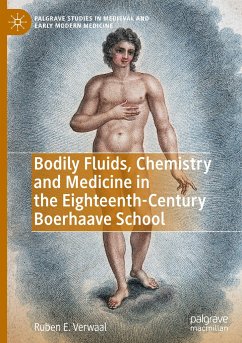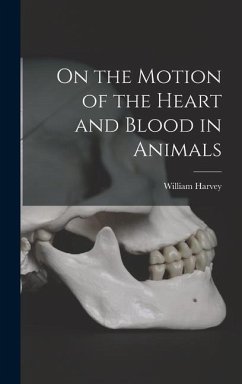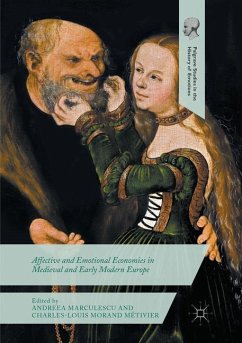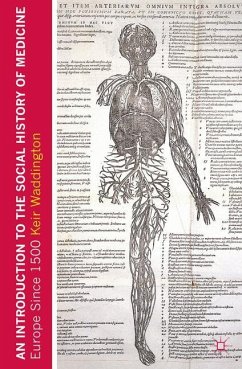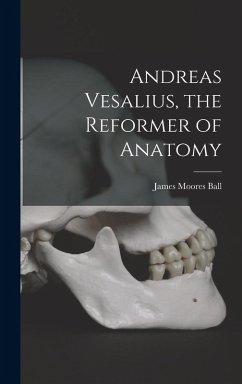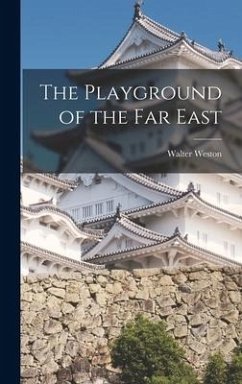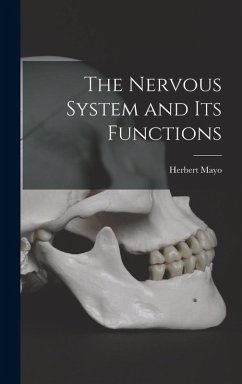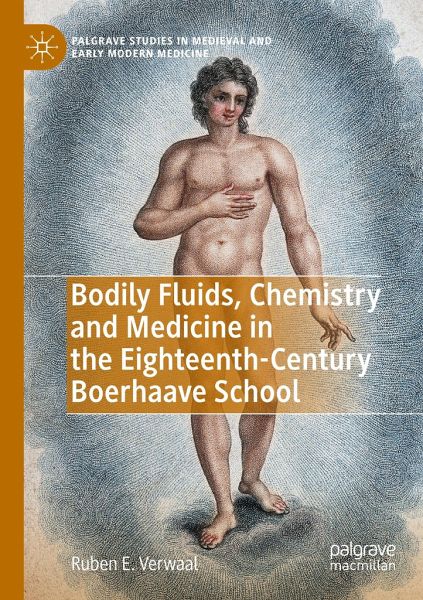
Bodily Fluids, Chemistry and Medicine in the Eighteenth-Century Boerhaave School
Versandkostenfrei!
Versandfertig in 6-10 Tagen
98,99 €
inkl. MwSt.
Weitere Ausgaben:

PAYBACK Punkte
49 °P sammeln!
This book explores the importance of bodily fluids to the development of medical knowledge in the eighteenth century. While the historiography has focused on the role of anatomy, this study shows that the chemical analyses of bodily fluids in the Dutch Republic radically altered perceptions of the body, propelling forwards a new system of medicine. It examines the new research methods and scientific instruments available at the turn of the eighteenth century that allowed for these developments, taken forward by Herman Boerhaave and his students. Each chapter focuses on a different bodily fluid...
This book explores the importance of bodily fluids to the development of medical knowledge in the eighteenth century. While the historiography has focused on the role of anatomy, this study shows that the chemical analyses of bodily fluids in the Dutch Republic radically altered perceptions of the body, propelling forwards a new system of medicine. It examines the new research methods and scientific instruments available at the turn of the eighteenth century that allowed for these developments, taken forward by Herman Boerhaave and his students. Each chapter focuses on a different bodily fluid - saliva, blood, urine, milk, sweat, semen - to investigate how doctors gained new insights into physiological processes through chemical experimentation on these bodily fluids. The book reveals how physicians moved from a humoral theory of medicine to new chemical and mechanical models for understanding the body in the early modern period. In doing so, it uncovers the lives and works of animportant group of scientists which grew to become a European-wide community of physicians and chemists.



